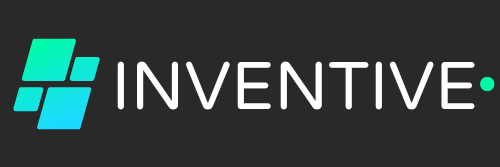Creating a dedicated FinOps resource group in Azure helps you centralize, secure, and manage all tools related to cost visibility and control. It becomes your “control tower” for financial operations (FinOps) in Azure.
🏗️ 1. Create the Resource Group
- Go to Azure Portal > Resource groups.
- Click + Create.
- Enter a name like:
FinOps-RGCostManagementFIN-Central(follow org naming standards)
- Select the Subscription where this RG should live.
- Typically a central/shared services subscription.
- Choose a Region (for metadata location, choose a region close to your FinOps team or data tools).
🔐 2. Set Role-Based Access Control (RBAC)
- Go to Access Control (IAM) for the new RG.
- Add the FinOps team (individuals or an AAD group) with:
- Contributor or Owner roles.
- Optionally remove default access inherited from broader subscription if isolation is needed.
🛡️ Goal: Only those who manage cost data and reporting should have rights here.
📦 3. What to Put in the FinOps Resource Group
| 🔧 Resource Type | ✅ Examples |
|---|---|
| Storage Account for Cost Exports | finopscostdata – all exports land here |
| Synapse Workspace or Azure SQL DB | FinOpsAnalytics – stores/query cost data |
| Automation Accounts or Logic Apps | Runbooks to email reports, tag audits |
| Workbooks (Dashboards) | Custom Cost Workbooks saved here |
| Key Vault | Store API keys for external tools |
| Log Analytics Workspace | Monitor export failures, anomalies |
📝 Azure Budgets and Policies aren’t “resources” but any scripts related to them should go here too.
🏷️ 4. Apply Tags to FinOps RG
Add meaningful tags to the RG and key resources:
Owner = FinOpsTeamPurpose = CostManagementEnvironment = Internal
📌 Helps with documentation, visibility, and prevents accidental misuse.
🎯 5. Why This Matters
✅ Access Management
- FinOps team can work independently.
- Easy to audit and delegate permissions.
✅ Cost Visibility
- Track cost of cost-management tools separately.
- Understand overhead of your reporting/data tools.
✅ Isolation
- Keeps scripts and exports away from production.
- No accidental disruption by app teams.
✅ Centralization
- One place to receive exports from multiple subscriptions.
- Example: 10 app subscriptions export data to one storage account in this RG.
🧪 Example Setup
Contoso-FinOps RG (in central subscription):
contosofinopscoststorage with/exports/container.FinOpsAutoautomation account that emails monthly budget report.LogAnalytics-FinOpsfor export health logs.- FinOps team given Owner rights on RG.
🧠 Best Practices
- Document the RG’s purpose in its Description.
- Exclude this RG from certain policies if needed (e.g. allow external access to storage for cost APIs).
- Don’t mix app workloads here — keep it strictly for cost visibility, automation, and governance.
By treating your FinOps tools as a dedicated workload, you improve security, clarity, and efficiency. Centralizing them in a resource group ensures they’re easy to manage and monitor — key to operating with financial accountability in the cloud.
